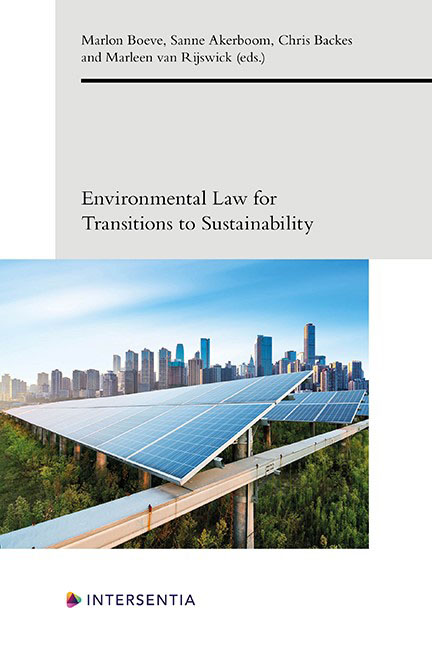Legislation to Manage Invasive Alien Plants in England: What is the Meaning of ‘Landowner Responsibility’?
Published online by Cambridge University Press: 11 November 2021
Summary
INTRODUCTION
Invasive alien species (IAS) are a major cause of biodiversity loss.However, IAS management is a relatively young policy area for nature conservation although not for agricultural, forestry and pastoral protection. Many countries have introduced legislation to manage IAS for nature conservation since 2000 when the International Union for Conservation of Nature (IUCN) adopted Guidelines,and especially after the adoption of ‘Guiding principles for the prevention, introduction and mitigation of impacts of alien species that threaten ecosystems, habitats or species’ by the sixth Conference of the Parties to the Convention on Biological Diversity (CBD) in 2002.Therefore legislation to manage IAS for nature conservation has been in an early developing stage.
The above-mentioned IUCN Guidelines and CBD guiding principles adopted the so called three-stage approach; prevention, early response and long-term containment. However, it was pointed out that ‘national frameworks tend to be much stronger on preventing introductions than on mitigating their impacts’ . It seems that basically the situation has not changed. Prohibition of trade and release into the wild could reduce risk of intentional dispersion. However, plants can disperse through watercourses and by wild animals such as birds. Therefore, prohibition of trade, intended release and transportation is not enough to stop dispersion of invasive alien plants. It is necessary also to manage established invasive alien plant populations on sites.
England, France and Japan have already introduced legislation to prohibit sale and release into wild after 2000. Japan enacted the Invasive Alien Species Act in 2004; however, nobody is explicitly responsible for managing invasive alien plants on sites. In France in 2007 legislation was enacted, which prohibited the introduction of designated IAS into the environment even by negligence or imprudence. It implies that landowners must manage invasive alien species on their land to prevent escape even by negligence or imprudence. However, this responsibility has not been well-known by land managers and many believed that nobody was responsible for managing designated invasive alien plants on sites. Landowners were managing those plants on a voluntary basis at least until 2018.
- Type
- Chapter
- Information
- Environmental Law for Transitions to Sustainability , pp. 251 - 264Publisher: IntersentiaPrint publication year: 2021



